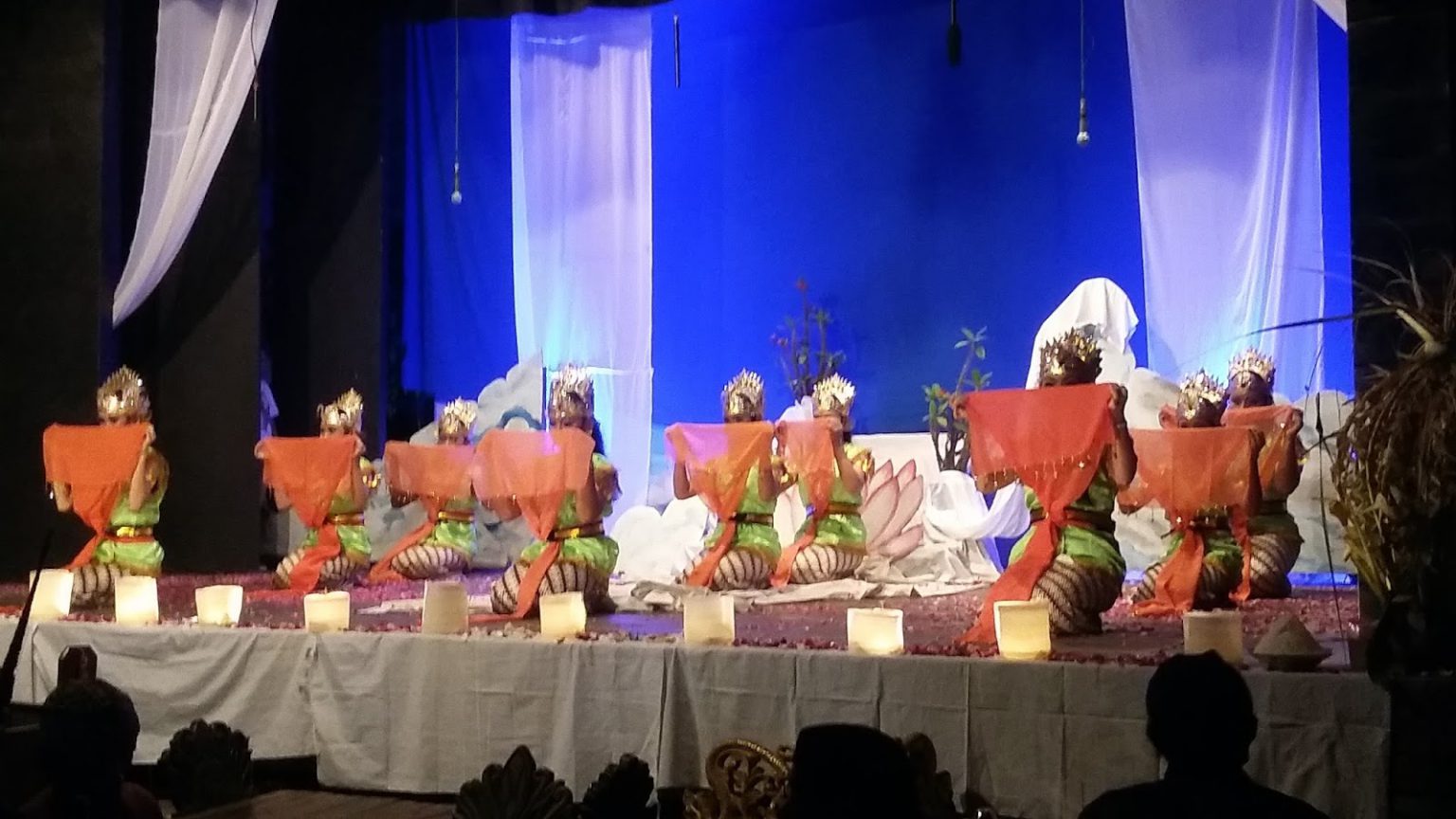Hamlet Tutup Ngisor is located in Sumber Village, Dukun Subdistrict, Magelang Regency, Central Java. The distance from this hamlet to the subdistrict’s capital is approximately 3 km, and to the regency’s capital about 24 km. With an area of around 75 hectares and a population of 598, Tutup Ngisor holds significant potential due to its elevated position at 677 meters above sea level, providing fertile grounds. The majority of Tutup Ngisor’s residents are farmers engaged in cultivating rice and various crops such as cassava, vegetables, taro, and a few fruits.
The religious diversity within Tutup Ngisor is notable. The majority follow Islam, divided into two groups: Kejawen Islam, acknowledging their Islamic identity but not adhering to Islamic law (referred to as “abangan” Islam, within Clifford Geertz’s dichotomy), and santri Islam, devoutly following Islamic teachings.

In Tutup Ngisor, the largest group is the Kejawen Islam practitioners, mainly comprising the elderly. Their beliefs encompass a belief in both ancestral spirits and gods, alongside Allah and the Prophet Muhammad.
However, they do not observe Islamic practices like the five daily prayers, fasting, pilgrimage, or giving alms. This is because they believe that ancestral spirits and “sing mbau rekso,” the guardian spirits of Java Island and Tutup Ngisor, will grant their wishes as long as they continue to perform important rituals, especially the “Suran” ritual.
The second, much smaller group follows Islamic teachings such as the five daily prayers, Ramadan fasting, almsgiving, and some have undertaken the Hajj pilgrimage. This group not only dutifully follows Islamic teachings but also strongly values local customs, traditions, and rituals in Tutup Ngisor. A minority of Tutup Ngisor’s population is devoutly Catholic, attending church regularly while still adhering to the local customs, traditions, and rituals.
Together, they wholeheartedly participate in the Suran, Riyaya, and the 17th of August rituals. These three rituals are distinctively and specifically practiced by every resident of Tutup Ngisor, with unique significance and methods differing from those observed by the broader society beyond Tutup Ngisor.
The Suran ritual in Tutup Ngisor involves a collective feast where all residents come together to seek inner and outer peace, protection from harm, and harmonious communal living without discriminating against anyone. This contrasts with Suran rituals in other regions, where red and white rice porridge is made and shared with neighbors without clear significance, or in Ponorogo where “suroan” involves an all-night celebration followed by a morning walk to gather at the town square. There are also Islamic puritanical practices that transform it into Muharram, the Islamic New Year.
Riyaya, typically a time for forgiveness in other places, in Tutup Ngisor serves to strengthen the bonds of brotherhood among human beings, regardless of differences in class, status, religion, or culture. Meanwhile, “Seventeenth of August,” in addition to commemorating independence (without the usual grandeur seen elsewhere), is specifically dedicated to expressing gratitude to the ancestors and the guardian spirits of Tutup Ngisor. These three rituals, respected by all social groups (Kejawen, devout Islam, and Catholics), and integrated into their daily lives, were developed by Father Yoso Soedarmo and are now preserved and carried on by his grandson, S Anjalin.
In their everyday lives, the relationships between the various groups of Islamic and Catholic adherents are harmonious and peaceful. They coexist without conflict, united under the shared canopy of their customs and the Suran ritual.
Tranlated from here.








